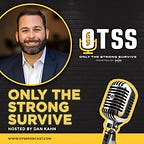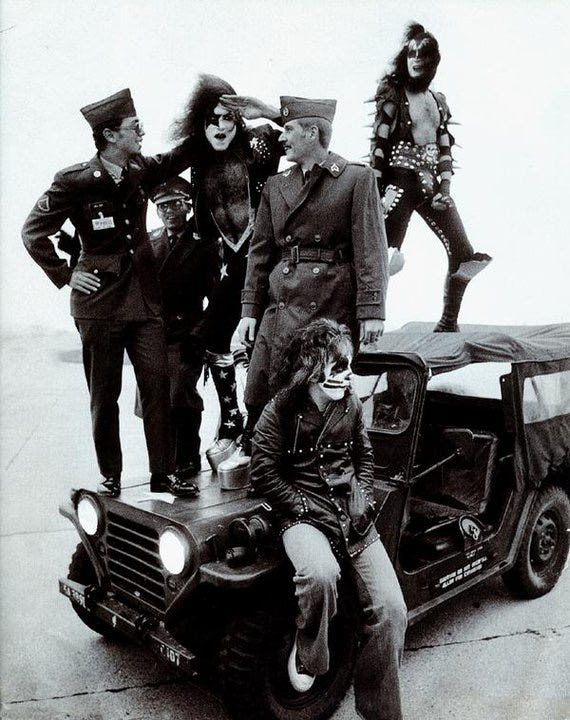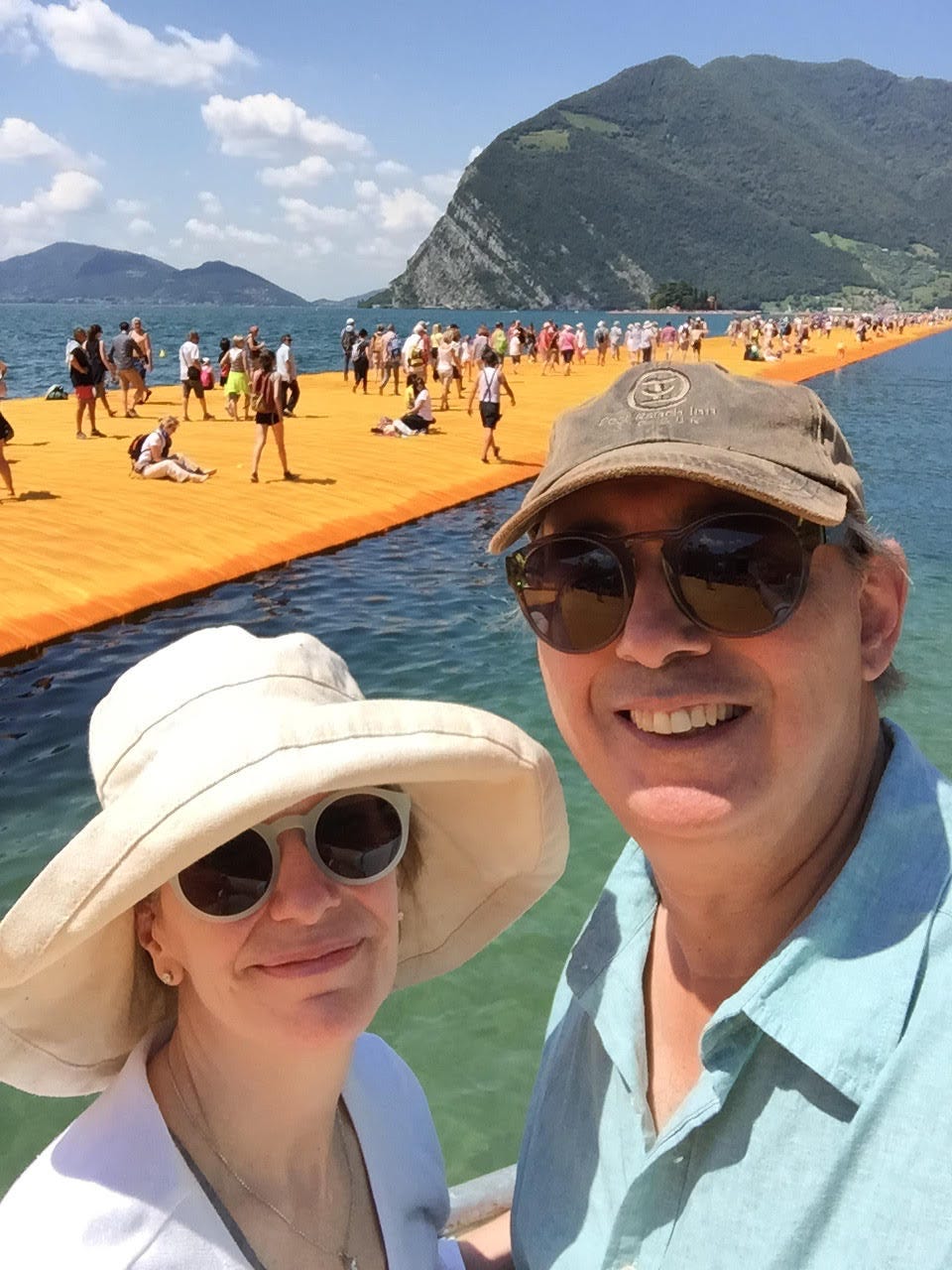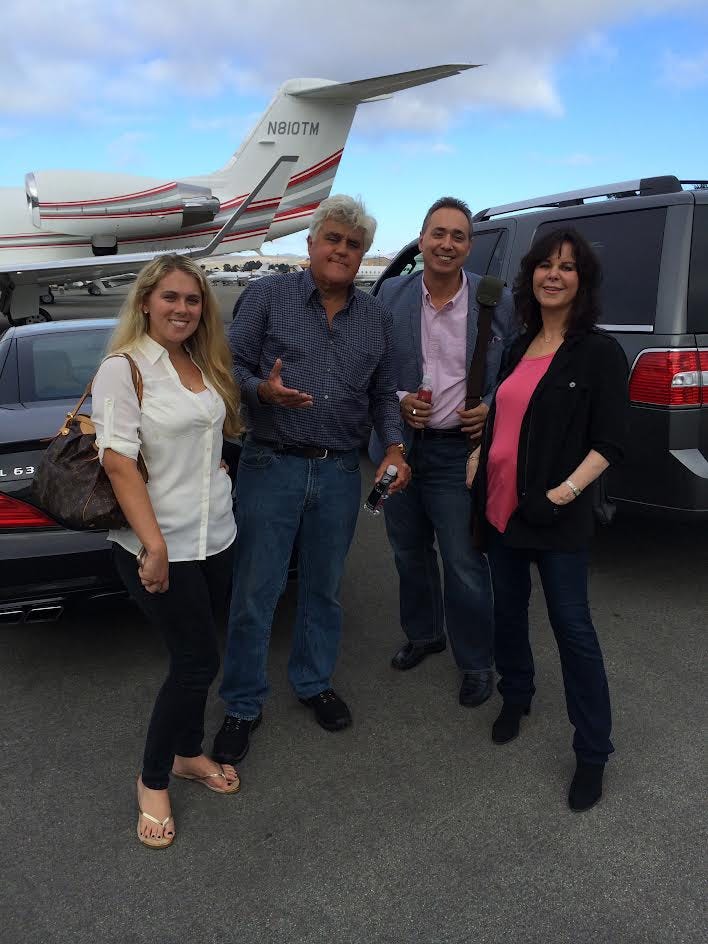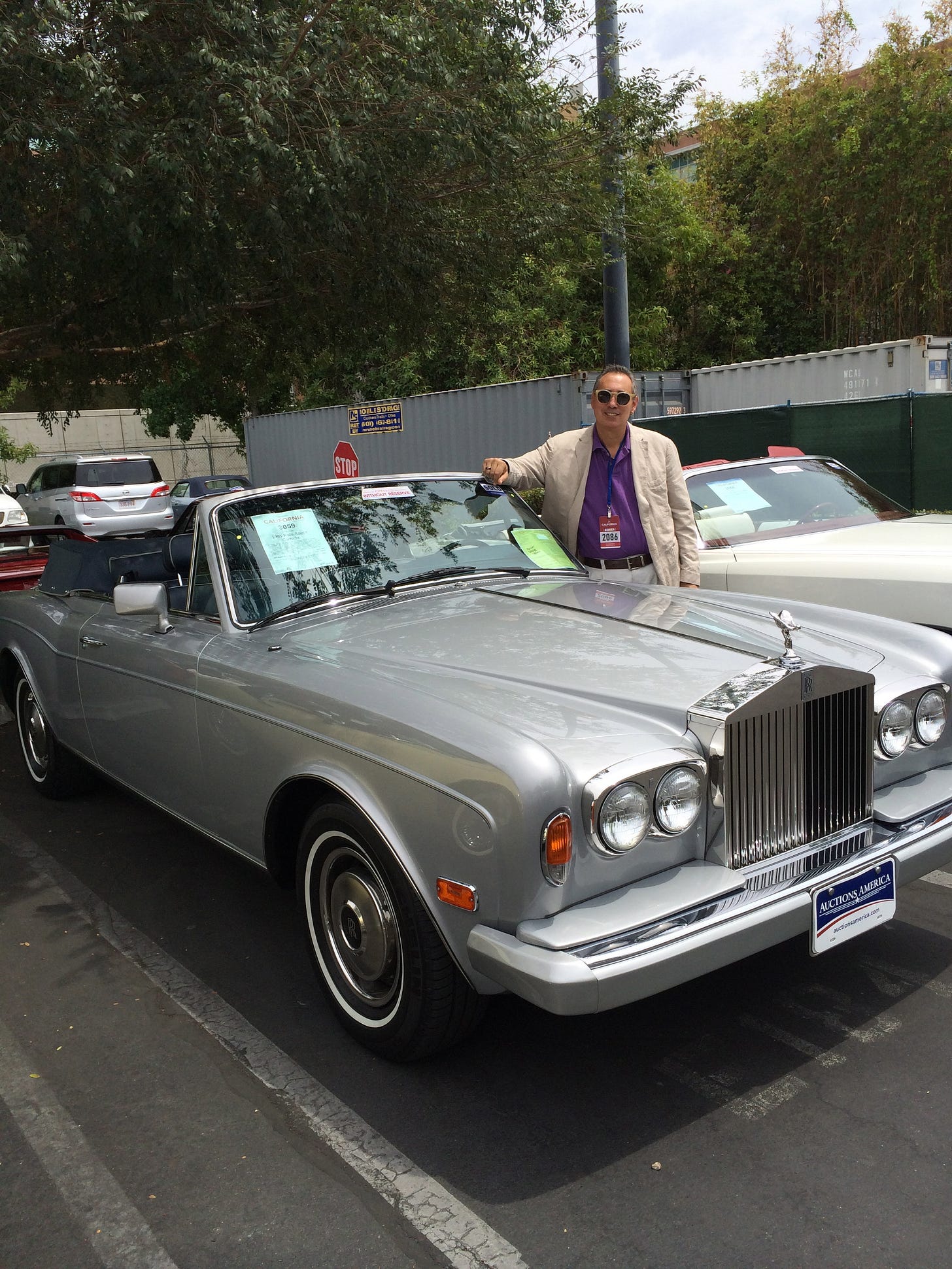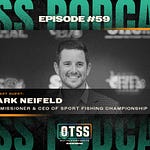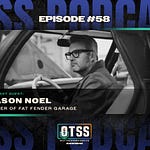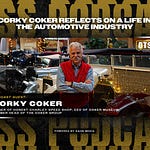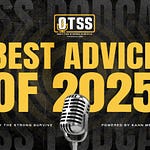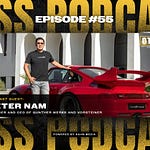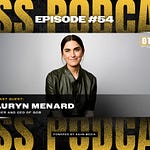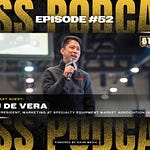Joe Molina built one of the most respected public relations agencies in the automotive world from the ground up. While serving in the U.S. Army and writing for his base’s newspaper, he somehow arranged for a concert with a then-up-and-coming band called Kiss. After the concert with the band that would rapidly become rock legends, Joe quickly realized that he no longer wanted to be a journalist but a publicist.
Not one to ever sit around idly, Joe quickly put his plan into motion. One year after leaving the U.S. Army, he founded JMPR and steadily grew its client base. Over its 40-plus years, and through considerable hard work and persistence, the agency secured some of the biggest automotive brands among its client roster, including Rolls-Royce, Ducati, Lamborghini and many more. Eventually, Joe would sell the company before semi-retiring in Indiana.
Among the many JMPR employees who got their start in public relations at the agency was “Only The Strong Survive” host Dan Kahn. On this episode of the podcast, Joe and Dan reflect on what it was like working together before becoming fierce competitors. The former president and founder of JMPR also explains what it took to build a successful company from scratch and run it for decades. Click on the icon above to listen to the entire insightful episode of “Only The Strong Survive,” and here are our top five takeaways:
Don’t just do what you love, do what you know.
Trickling down from the top is quicker than starting at the bottom.
You have to know when to let go.
It is okay to not always be number one.
Hire the right people and strive to retain them.
Do What You Love (and What You Know)
Joe attributes much of his early success to his passion for exotic cars. Combining what he loved and also had an in-depth knowledge of with a fearless attitude opened many doors early on. While there were definitely other agencies, few of them combined the automotive expertise and passion that Joe had.
“It all grew from the fact that, as a kid, I just loved cars. I knew all the things about exotic cars, not just regular cars, although I knew that industry too. I knew everything, every fact, every this, that and the other,” said Joe. “I could talk to anyone about anything, and I knew just enough to where they would say he knows his stuff, so he must be connected somehow.”
It is Easier to Trickle Down Than Up
Another key to JMPR’s success Joe cites was his relationship with publishing icon Robert E. Petersen. At the height of his empire, Petersen published nearly every major automotive magazine in the United States, along with other popular publications such as Guns & Ammo and Teen, and founded the Petersen Automotive Museum. Doing an excellent job for Petersen led him to recommend JMPR to his many contacts across multiple industries.
“For 17 years, we represented the Petersen Automotive Museum. They only ever had two PR agencies; I was one, and you (Kahn Media) were the other. But he introduced me to everybody,” said Joe. “I represented MotorTrend, Hot Rod, Teen magazine, Guns & Ammo, all of his 40-some-odd titles and his events. Then his friends wanted to hire me, and I was dealing with the guys who owned the companies. It was like I started at the top, and it is easier to trickle down than trickle up.”
Knowing When to Let Go
Selling a business is a highly personal experience for any entrepreneur who has built their company from the ground up. The same was true for Joe, as he wrestled with the decision to finally sell JMPR. However, knowing when to let go of a company is just as critical of an entrepreneurial skill as knowing when to start one.
“It’s a very personal thing of when to let go. I happened to be in my mid-60s and had a run for 43 years, 45 if you count some of the army years, and it was just time,” said Joe. “There is a time, if you are successful, or you think you are successful, or they tell you that you are successful, when you have to get off the stage and let other people on to perform. My time was over, everything was changing and I felt like an analog guy in a digital world.”
Nobody Stays on Top Forever (and That’s Okay)
For such a hard-charging and competitive individual as Joe, his perspective on staying ahead might be surprising to some, but it is shaped by decades of hard-fought experience. He notes that the desire to be number one in your industry is natural, but it ignores the cyclical nature of business. Staying on top also requires a lot of sacrifice that might not be worth it in the long run.
“Nobody stays on top forever. There is a rhythm to these things, and if you want to stay up forever, you are going to have to give away your sanity, your family and everything else to keep up with it because you have to be completely obsessed and have very little emotional room for anybody else,” said Joe. “I realized I had my day in the sun, I made it, I was there for several years at the top of the list, and I had made a good living.”
Always Hire Smart People
One piece of advice that Joe gives is one that we hear regularly from guests on “Only The Strong Survive.” That tip for success is to always hire smart people and treat them with respect. The right employees can make all the difference between your brand being successful or an afterthought.
“Always hire people who are smarter and know more than you and understand things that are changing quicker than you. Hold them with respect, and it is not just about paying them, it is about respecting them. You only got them for a little while,” says Joe. “The other thing we all learned is that everything has its time, and it’s a treadmill, and everyone is with you for a portion of their career. But try to find the bright ones, find the ones that can still work a room when there is a room to be worked, even if that is now a digital room.”


